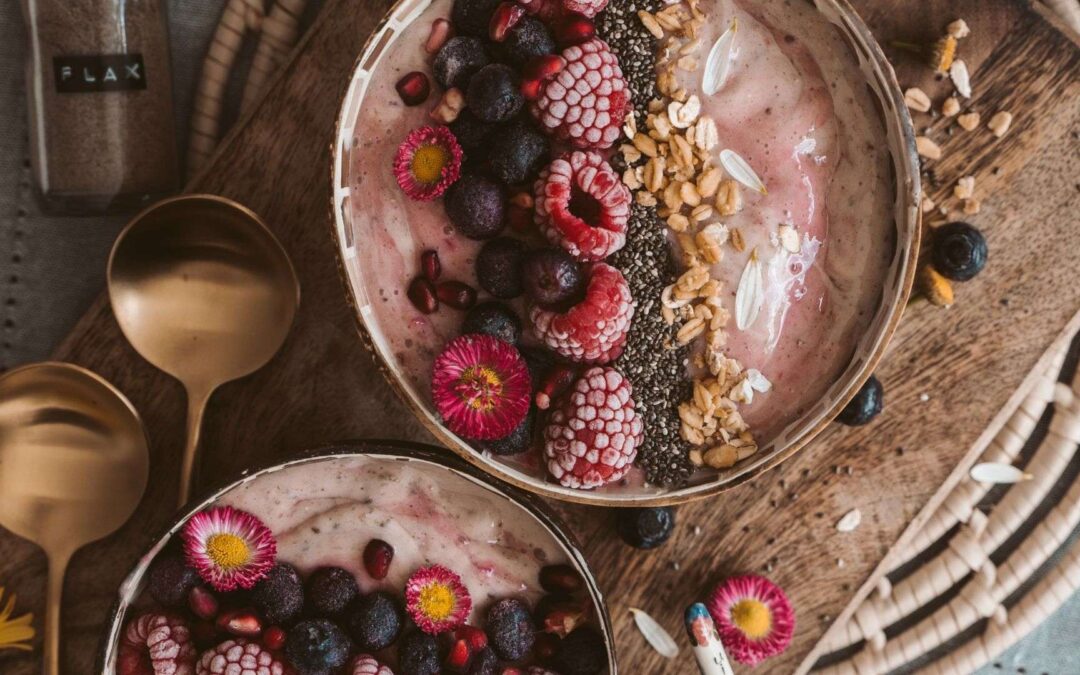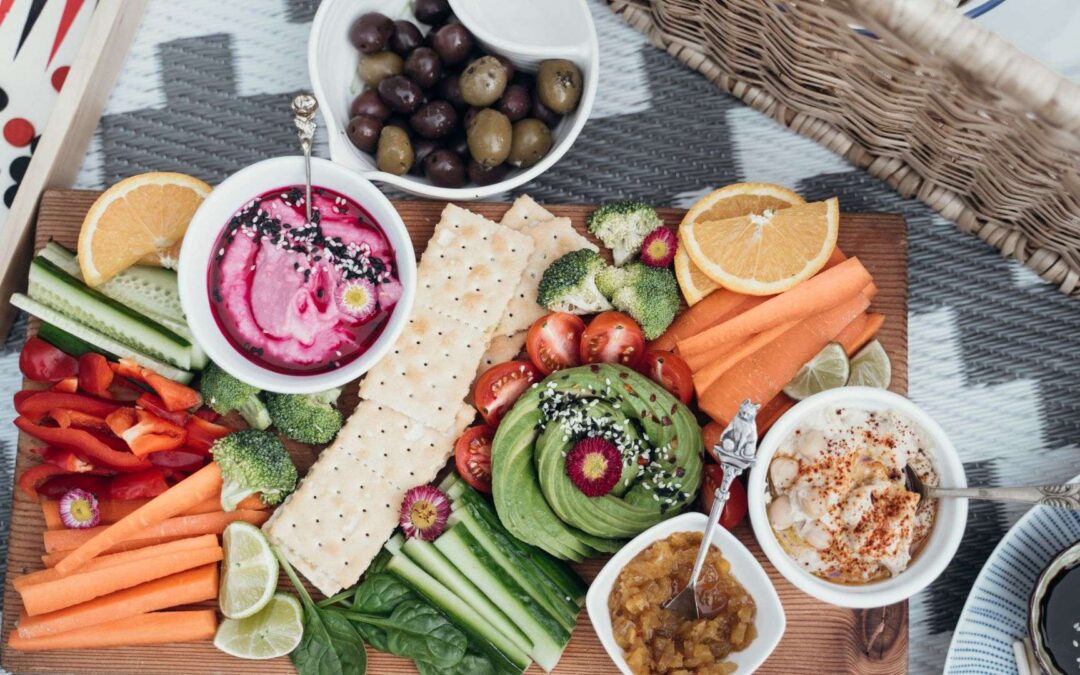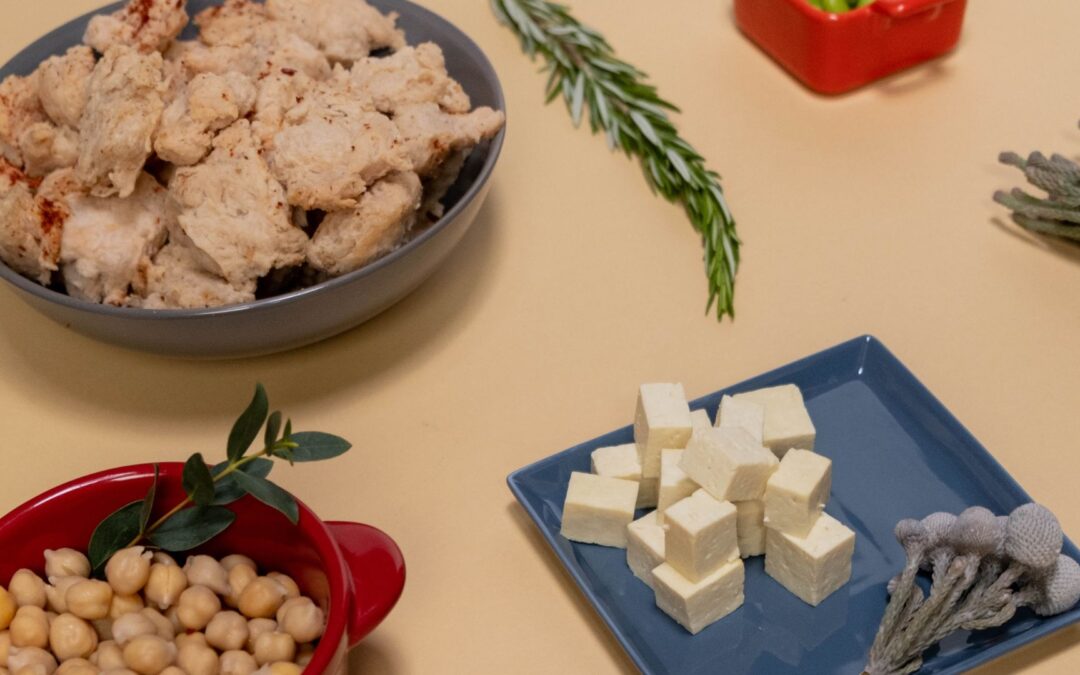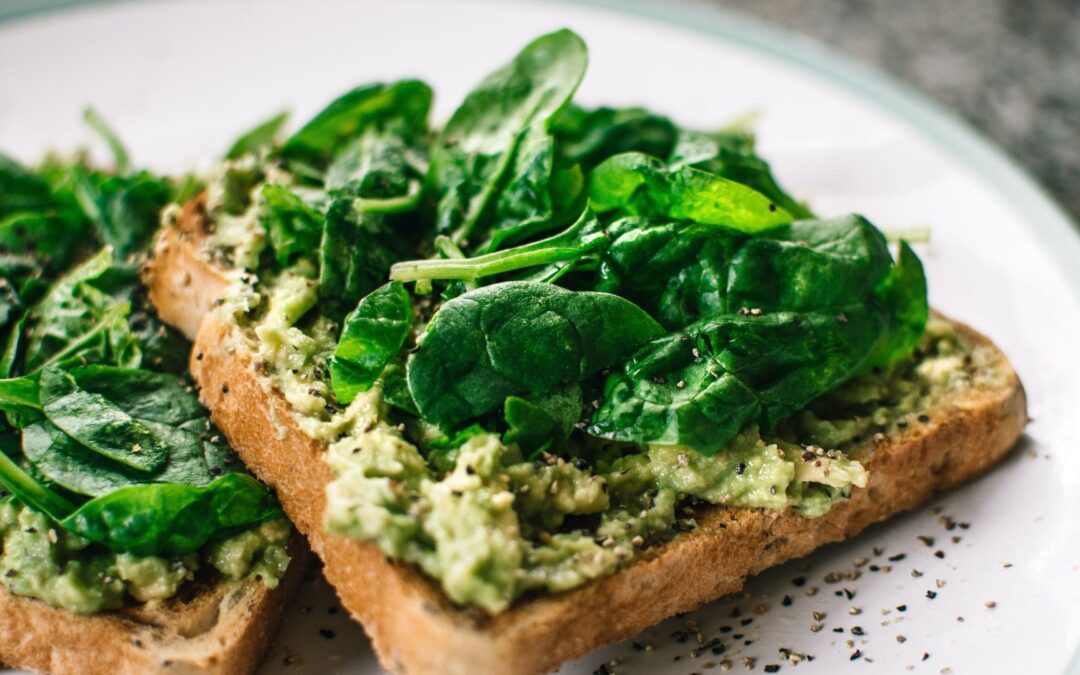As a child, what did you hate the most to eat? I can guess, your mother had to struggle the most to feed you vegetables. Whoever wants to eat a tasteless carrot or a bitter gourd, right? But as you grew up, you must have realized the truths of the facts that your parents used to say like, you won’t ever need to wear glasses if you eat the greens well, or your body will be the fittest and your hair & skin will be all glowing and shining. Well, none of them was ever wrong!
You can get all kinds of benefits only from eating vegetables even if you don’t eat fish & meat. But who doesn’t like to eat fish & meat and why will anyone purposely avoid meat?
Well, vegan people do.
WHAT IS A VEGAN DIET?
The vegan diet is an eating plan which excludes all kinds of animal products including fish, meat, eggs, dairy, and honey due to ethical concerns or religious principles. Though, some people choose to go vegan because of their health concerns and some to decrease their ecological footprint, as plant-based diets are thought to generate fewer greenhouse gas emissions and use fewer natural resources.
TYPES OF VEGAN DIET:
According to the food variety, there are different types of vegan diets. Let’s know about the most common ones:
- Whole-food vegan diet: This is a common diet that includes a wide variety of whole plant foods such as fruits, vegetables, whole grains, legumes, nuts, and seeds.
- Raw-food vegan diet: This diet is based on raw fruits, vegetables, nuts, seeds, or plant foods cooked below 118oF.
- Low fat or 80/10/10: This diet limits fat-rich plants such as nuts and avocados & relies mainly on raw fruits and soft greens.
- The starch solution: A low-fat, high-carb vegan diet that focuses on cooked starches like potatoes, rice, and corn instead of fruit.
- Raw till 4: A low-fat vegan diet inspired by the 80/10/10 and starch solution. Raw foods are consumed until 4 pm with the option of a cooked plant-based meal for dinner.
- The thrive diet: This is also a kind of raw food vegan diet that includes plant-based whole foods that are raw or minimally cooked at low temperatures.
- Junk food vegan diet: A vegan diet lacking in whole plant foods that relies heavily on mock meats and cheeses, fries, vegan desserts, and other heavily processed vegan foods.
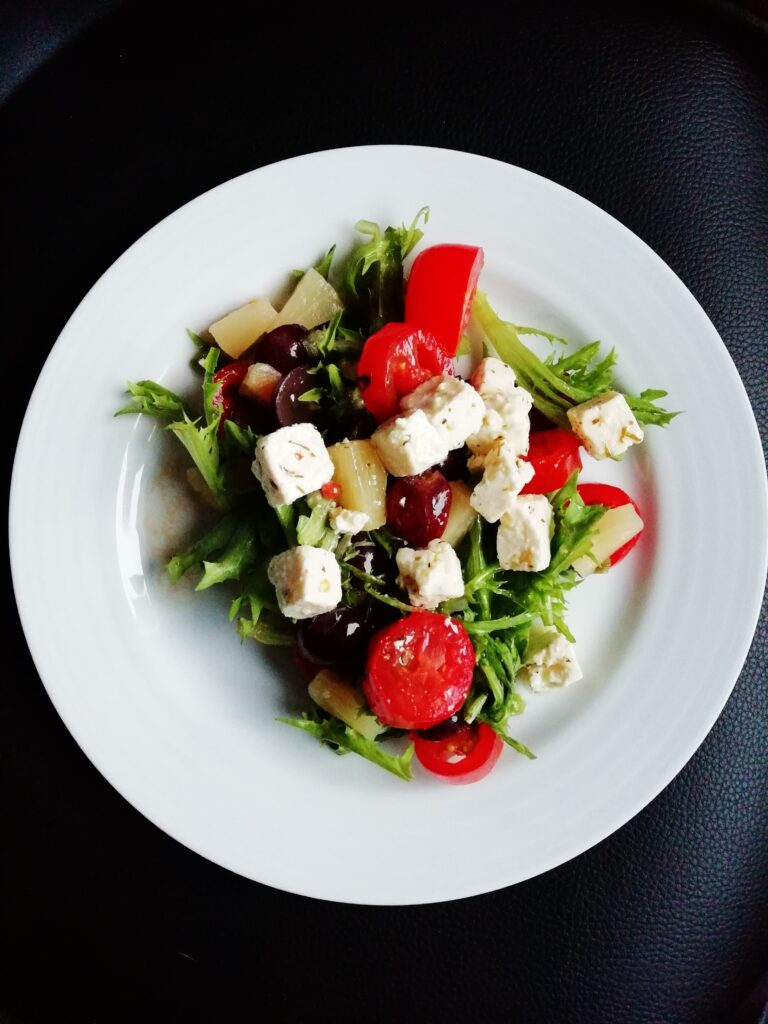
VEGANS’ FOOD:
There is a wide variety of delicious foods that vegan people can eat on a diet. Here are a few ideas:
- Red, brown, and green lentils.
- Chickpeas, split peas, black-eyed peas.
- Black, white, and kidney beans.
- Soymilk, soybeans, tofu, tempeh, and natto.
- Peanuts, almonds, cashews, and their kinds of butter.
- Sunflower seeds, sesame seeds, and jars of butter.
- Flaxseed, hemp seeds, and chia seeds.
- Quinoa, whole wheat, whole oats, whole grain brown or wild rice, whole grain bread, crackers, and pasta.
- Potatoes, sweet potatoes, corn, squash, beets, and turnips.
- Broccoli, cabbage, asparagus, radish, and leafy greens.
- All kinds of fruits.
- There are some plant-based foods like algae, nutritional yeast, fortified plant milk, yogurt, and maple syrup.
HEALTH BENEFITS OF VEGAN DIET:
- While red meat is linked to cancer, heart disease, and type 2 diabetes, plant-based diets have been linked to a lower risk of developing prematurely dying from these diseases.
- A vegan diet improves digestion and reduces the risk of Alzheimer’s disease.
- It helps minimize the side effects of antibiotics and hormones used in modern animal agriculture.
- Lowers the chance of getting colon cancer.
- Lowers the risk of eye and digestive problems and also has a positive effect on blood sugar.
- Finally, the vegan diet is especially effective to lose unwanted weight.
ARE THERE ONLY POSITIVE SIDES TO A VEGAN DIET?
When done right, such a diet may result in various health benefits. But, a vegan diet tends to be low in vitamin B12, vitamin D, calcium, zinc, iron, long-chain omega-3s, iodine, selenium. Sometimes, people on a vegan diet need to take supplements for these nutrients. This is why a vegan diet is mostly not recommended for children or adolescents and especially for pregnant or new mothers.
Reference intakes for men:
- Energy- 2500kcal
- Protein- 55g
- Carbohydrates- 300g
- Sugar- 120g
- Fat- 95g
- Saturates- 30g
- Salt- 6g
Reference intakes for women:
- Energy- 2000kcal
- Protein- 50g
- Carbohydrates- 260g
- Sugar- 90g
- Fat- 70g
- Saturates- 20g
- Salt- 6g
Nutrition depends on one’s sex, size, age, and activity levels. Yet, the health experts suggest a balanced RI take for both men and women based on their daily lives. While following the vegan diet, one must keep that chart in mind, so that, they suffer from no health hazards and lack of proper nutrition.
